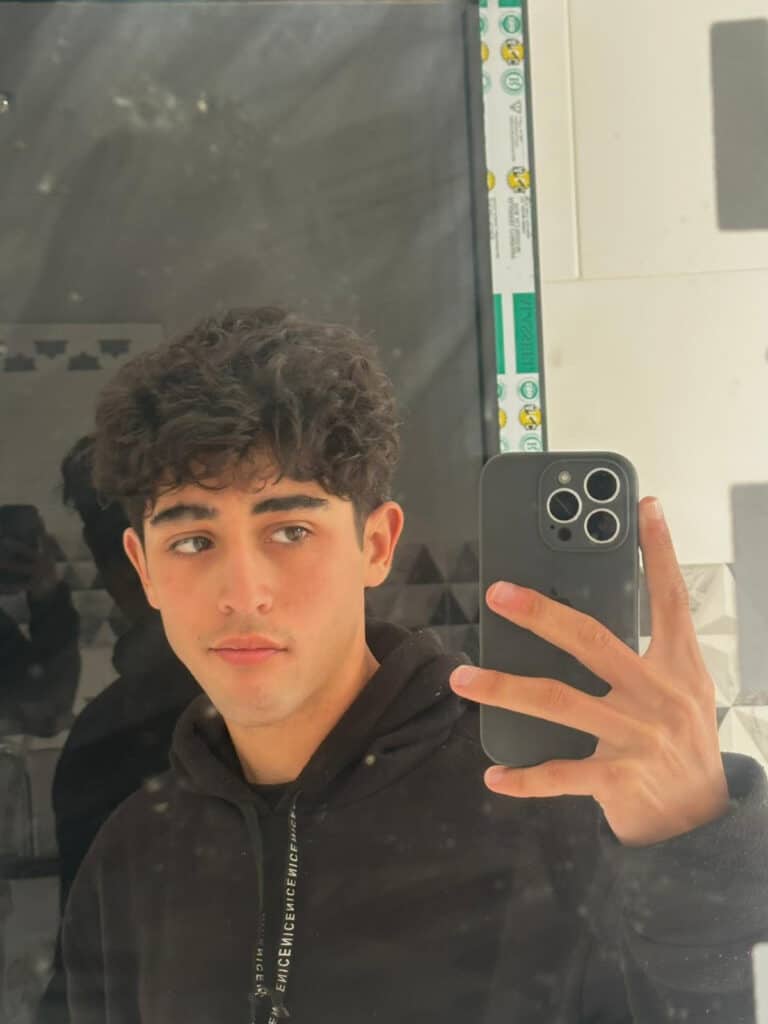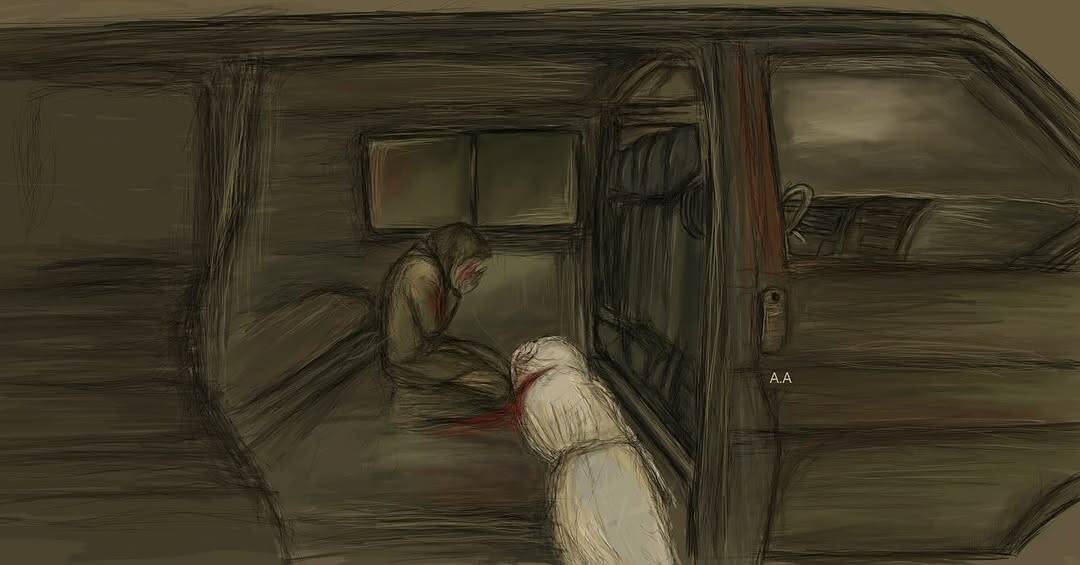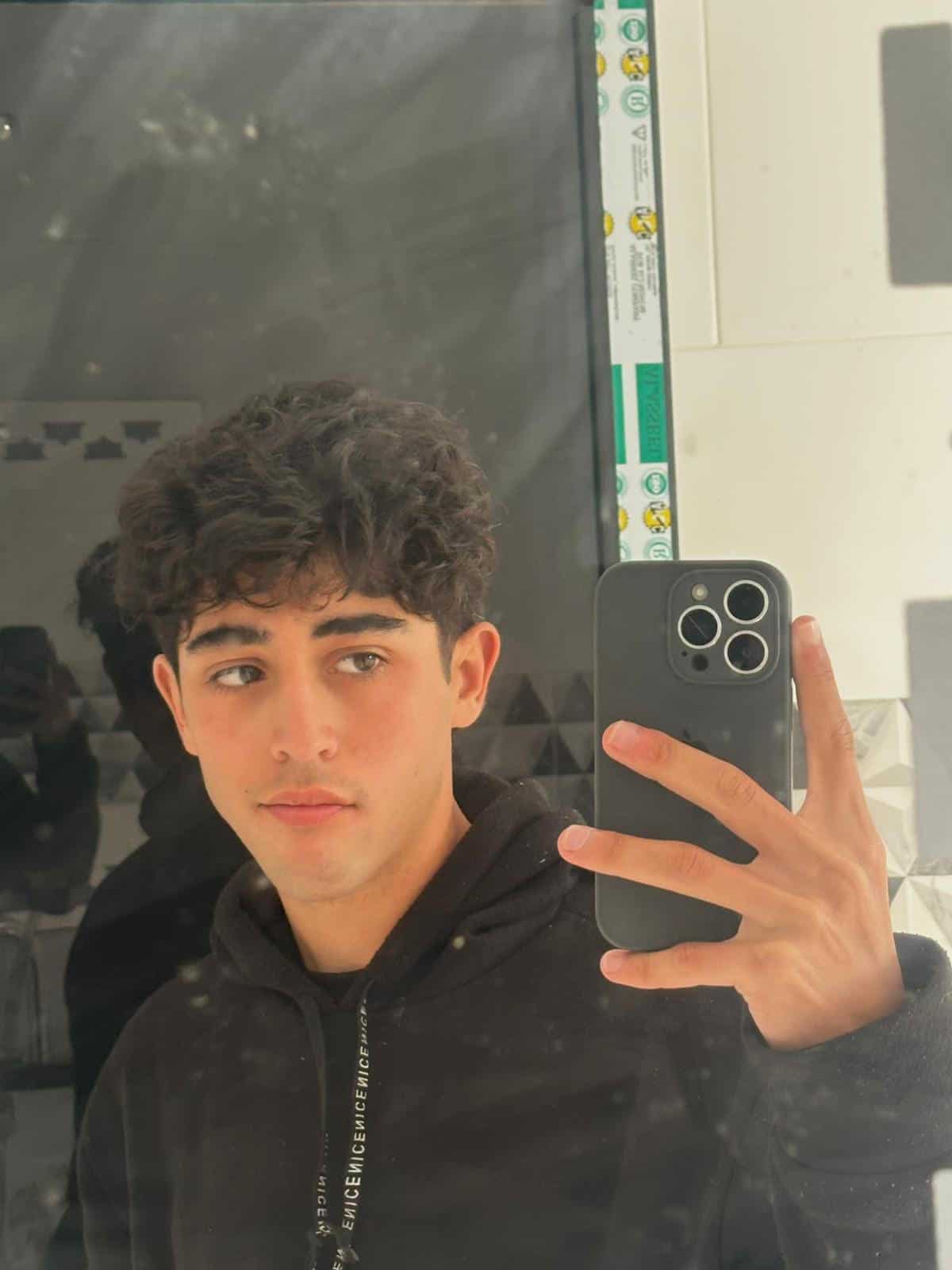Oh, my mind
let’s sit down tonight and speak in silence,
for the noise inside is louder than bombs,
and the smoke of worry
has blurred my view of the stars.
I am Drained—
not of walking,
but of carrying the weight
of questions with no answers.
I was like a burning tree
in the middle of a war zone—
every leaf a memory,
every root a wound.
My soul was dug up
like ruins after a raid,
shattered in fragments
too fragile to name.
I wanted to scream,
but my voice
was buried under
the rubble of grief.
Instead of shelter,
I found a battlefield
in my own mind—
where I fought myself
each sleepless night.
I made my escape
from the bullets of thought,
but they followed me
like shadows
in broad daylight.
I saw the sky crack open
not with rain—
but with silence
too loud to bear.
We are a generation
gasping for air
in a room full of smoke,
begging for peace
as a newborn begs for breath.
We carry Saudade
in every heartbeat—
a longing for what we lost
and for what we never had.
But even sleep
is no longer a refuge,
and dreams have turned
into documentaries
of what we’ve lost.
Still—
with each breath,
I carry hope—
a flicker trembling in the storm,
but stubborn,
unyielding,
and alive.
Taqwa Ahmed Al-Wawi

Taqwa Ahmed Al-Wawi is a 19-year-old writer and poet from Gaza, currently a second-year English Literature student at the Islamic University of Gaza. As an emerging literary voice, she is dedicated to amplifying Gaza’s stories through her writing. In addition to contributing to We Are Not Numbers (WANN), her work has appeared in prominent outlets including The Electronic Intifada, Mondoweiss, The Washington Report on Middle East Affairs, The Palestine Chronicle, The Markaz Review, Middle East Monitor, Al Jazeera, Middle East Eye, and The Massachusetts Review. Her poetry has also been published by the Gaza Poets Society.

Ahmed Header Ashour, a 23-year-old artist from Gaza, graduated last year with a degree in pharmacy. He says, “Art has always been my way of expressing what I carry inside. I chose to focus my drawings on the Palestinian cause to capture and convey the pain of our people—through war, hunger, death, and displacement.” His artwork titled, “The Last Farewell” is the featured artwork for Taqwa’s poem.

